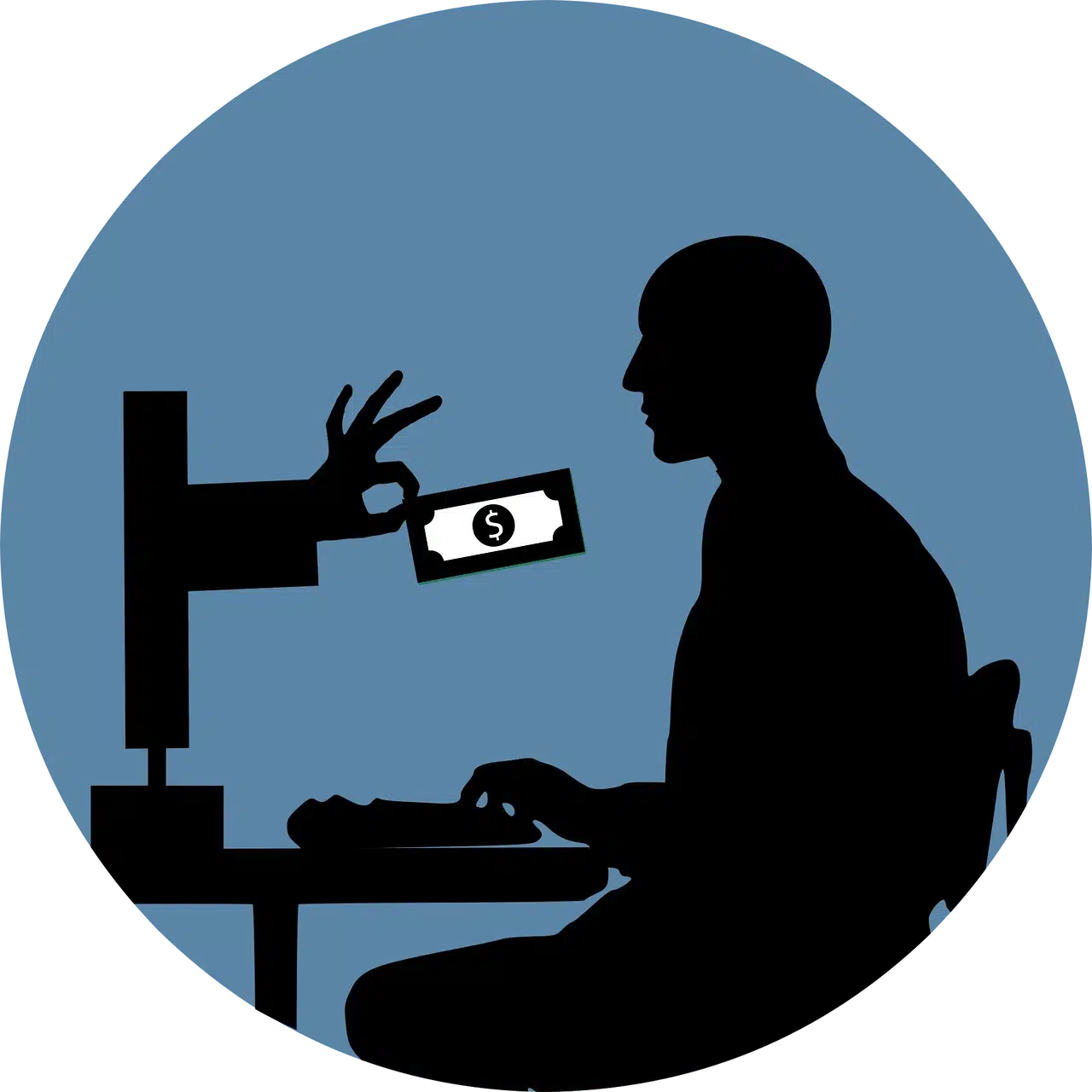How Can I Get Out of Debt Legally? – Financial Freedom

Starting your journey to financial freedom often means figuring out how to legally get out of debt. Many people struggle with debt and look for legal ways to manage it. Options like credit counseling, debt settlement, and debt consolidation loans can help.
It’s key to stick to responsible financial habits when using these methods. First, you need to understand your current financial situation. This helps you find the best debt relief options for you.
Key Takeaways
- Credit Counseling organizations provide guidance on budgeting and debt repayment.
- Creating a budget helps identify spending habits and areas to cut expenses.
- Contacting creditors before debt collectors intervene can facilitate negotiation of payment plans.
- Debt collectors must provide validation information and are prohibited from unfair practices.
- Debt consolidation can simplify payments by combining debts into one loan at a lower interest rate.
Understanding Your Options for Debt Relief
In 2024, the average American carries debt exceeding $104,000 per person. Exploring various debt relief strategies can assist in regaining financial control. Many individuals struggle to effectively manage their finances, and the following strategies could be beneficial.
Credit Counseling Services
Credit counseling services are a great place to start. These groups have certified counselors who look at your finances closely. They help you make a budget and find ways to pay off debts. They also teach you how to talk to creditors and might help you get lower payments or rates.
Debt Settlement Strategies
Debt settlement means paying less than what you owe all at once. It can save a lot of money but might hurt your credit score. You can do it yourself or with a company. Be careful to avoid scams and make sure you’re working with a good company. This method can lead to bigger debts and legal trouble if not done right.
Debt Consolidation Loans
Debt consolidation lets you combine your debts into one loan. This can make your payments easier to manage. But, make sure the new loan’s terms are good for you in the long run. A credit counselor can help you decide if this is the right choice for you.
Bankruptcy as a Last Resort
If you’ve tried everything else, bankruptcy might be your only option. Chapter 7 bankruptcy can wipe out most debts, but it will hurt your credit score a lot. Chapter 13 is for those who can’t qualify for Chapter 7 and involves a repayment plan.
Think carefully about these choices because bankruptcy can stay on your credit report for years.
How Can I Get Out of Debt Legally?
To find financial freedom, you need good strategies. This includes making a budget, talking to creditors, and looking into debt management plans. These steps help you legally get rid of your debt.
Creating a Sustainable Budget
Creating a budget acts as a roadmap for your finances. Sadly, 61% of U.S. adults confess they do not maintain a budget. Start by listing all your income and necessary expenses like rent, bills, and food. Use tools to track your spending. This helps you see where you can save money for debt payments.
Sticking to your budget gives you control over your money. It helps you understand your financial situation better.
Communicating with Creditors
Talking to creditors is key when managing debt. If you think you might miss payments, tell them right away. They might work out a new payment plan or offer forgiveness based on your situation.
Being open about your finances can lead to better repayment terms. It helps avoid debt collection or legal trouble. Building a good relationship with creditors is important for solving debt issues.
Exploring Debt Management Plans
Debt management plans (DMPs) offer a clear way to pay off debt. Nonprofit credit counseling agencies provide these plans. They combine all your debts into one payment. With financial counseling, these plans might lower interest rates and waive late fees. You’ll follow a set payment schedule. This helps you stay on track to pay off your debt responsibly.
Evaluating Borrowing as a Debt Relief Option
In navigating your journey to financial freedom, a critical question often arises: should you consider borrowing money to pay off existing debts? While it might seem counterintuitive to take on new debt to eliminate old debt, under certain conditions, learning how to borrow money wisely can be quite effective.
Before deciding to borrow additional funds, it’s vital to thoroughly assess your overall financial situation. Borrowing to consolidate debt, for instance, can reduce your monthly payments and potentially lower the amount of interest you pay. However, it’s crucial to ensure that this new loan truly benefits you in the long run, offering not just immediate relief but also a sustainable path to becoming debt-free.
For those with substantial credit card debt, exploring options like borrowing money from a bank could provide loans designed for consolidation. It’s also beneficial to consider your creditworthiness as it greatly affects the terms and interest rates you might receive.
Alternatively, for homeowners, borrowing against home equity might be a worthwhile consideration, leveraging the value of your home to manage and pay off debts more effectively.
How to Borrow with Caution
While borrowing can be part of a strategic approach to debt relief, it is not without risks. It requires a disciplined approach to spending and budget management to prevent falling deeper into debt.
If borrowing seems like a viable solution, it might be beneficial to speak with a financial advisor or a credit counselor. They can provide personalized advice and help you navigate the complexities of loan agreements, ensuring that this approach aligns with your long-term financial goals.
Ultimately, borrowing money should not be seen as an easy way out but as a component of a comprehensive strategy aimed at achieving and maintaining financial health. By carefully considering your options and making informed decisions, you can use borrowing as a tool to expedite your path out of debt, while still working towards broader financial stability and freedom.
Conclusion
To legally get out of debt, you need to know your options. Look into debt management plans, debt settlement, and consolidation loans. These can help you manage your debt and protect your credit score. Legal options like bankruptcy can be a big help in tough times. Borrowing can also be a strategic approach to debt relief.
Starting your financial recovery means making a budget and watching your spending. It’s a tough journey, but with the right plan, you can take back control. You’ll be on your way to financial freedom.
FAQ
What is debt relief?
Debt relief means finding ways to lessen or wipe out debt. It helps you take back control of your finances and improve your situation.
How can credit counseling help me?
Credit counseling offers help from certified experts. They guide you in assessing your finances, creating a budget, and negotiating with creditors for better terms.
What are debt settlement strategies?
Debt settlement strategies involve talking to creditors to pay less than what you owe. This can reduce your debt but might lower your credit score.
What is a debt consolidation loan?
A debt consolidation loan is a new loan to pay off several debts. It combines them into one payment, often with a lower interest rate, making it easier to manage your finances.
When should I consider bankruptcy?
Consider bankruptcy only when all other options have failed. It can offer significant relief but can harm your credit for a long time.
How do I create a sustainable budget?
Begin by listing all your financial commitments and income. Then, track your expenses to find areas to cut back. Use the saved money for debt repayment.
Why is communicating with creditors important?
Talking openly with creditors can lead to better payment plans. It can also reduce late fees and interest rates. They might even offer forgiveness during tough times.
What is a debt management plan?
A debt management plan is a repayment program offered by nonprofit credit counseling agencies. It consolidates your debts into one monthly payment, often with lower interest rates.






